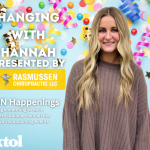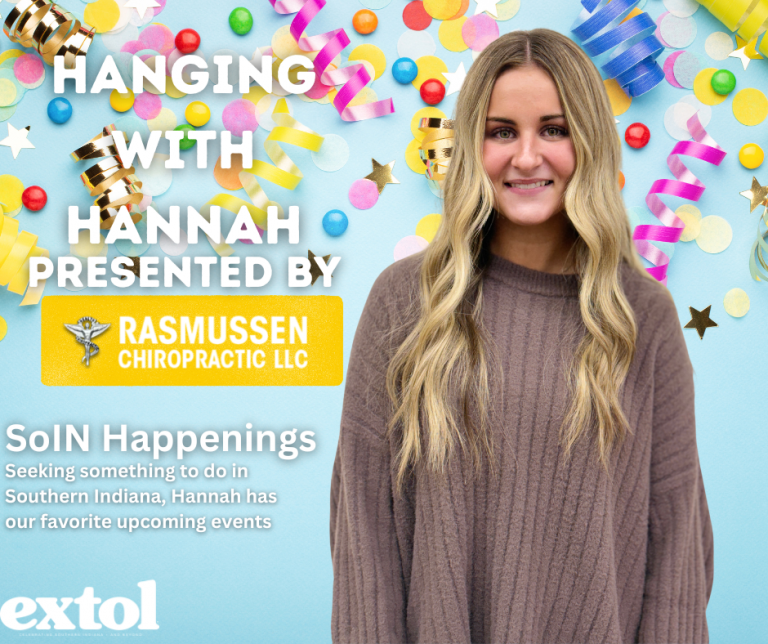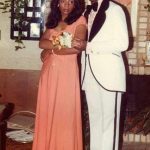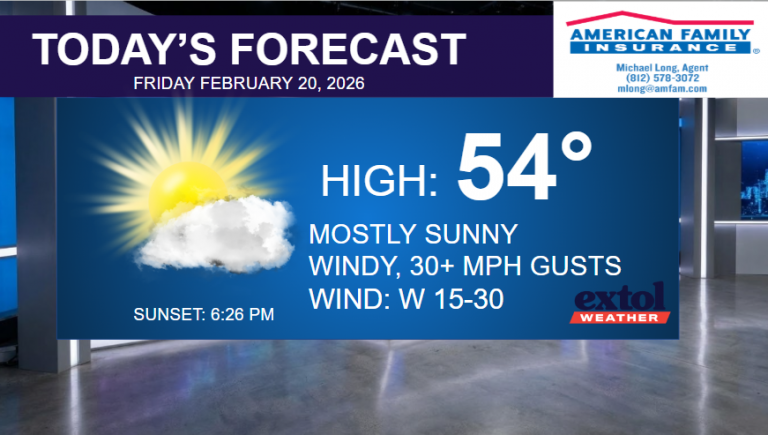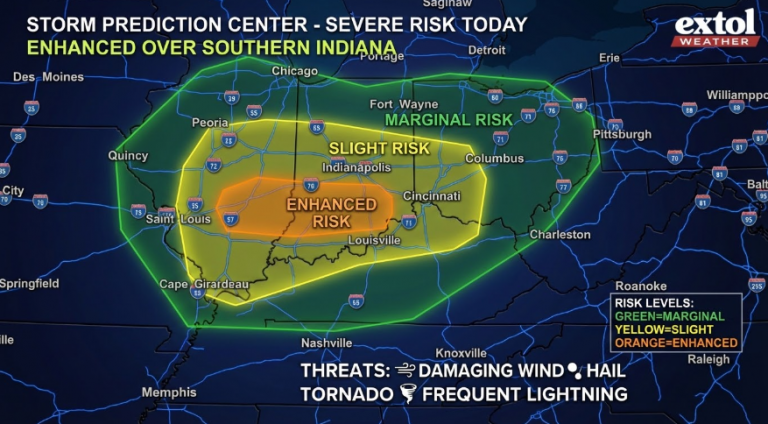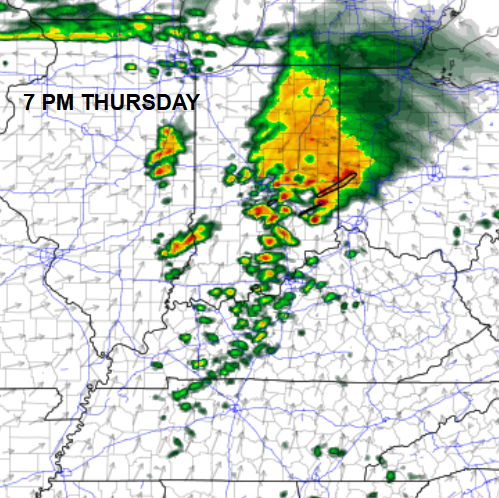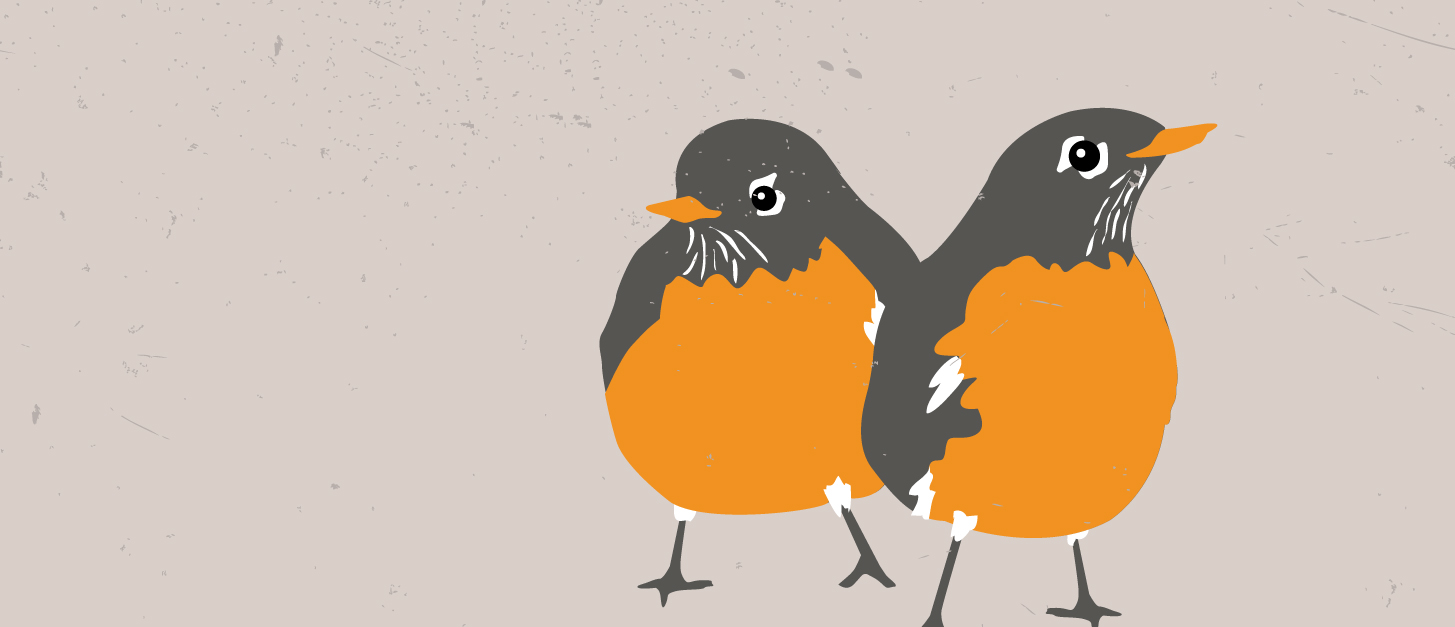
By Ray Lucas
“Robins are special birds,” my grandma took great care to tell me one spring day as I wielded my new BB gun around the yard as a boy. “I really don’t want you shooting anything in my yard, and especially not a robin.” I had received a BB gun for Christmas the winter before, and she was probably worried I would take aim at her beloved red-bellied birds in the yard.
Grandma understood the temptation for a boy to shoot cans, telephone poles and even birds. Like the fictional Atticus Finch, she seemed to be saying, “Shoot all of the other birds you like, if you can hit them, but not my robins.” I knew from that young age that robins were special.
Because of her love for them, I have always associated robins with her, even after her death. My mom was so like my grandma that I also came to associate robins with my mom after her passing when I was in college.
I now live in our 120-year-old family home place, where both my grandma and mom grew up. I am convinced that each spring the two return as robins to watch over me. I most often see them while cutting grass, hopping around the yard or singing from a tree limb. It’s like they have come home to check in on me and see how their family has grown as my children play about the yard. Robins make me smile in a way that no other animal can.
I am not really a superstitious person who believes in visits from the afterlife. I don’t normally go in for spirits and friendly ghosts, but in matters of robins I guess I feel differently. I have known others who associate past loved ones with something tangible and physical in their lives: a butterfly in the wind, a special rose bush, a hawk on a pole, a significant song, or a piece of jewelry. Maybe I’m superstitious after all.
I once read an article about how people die three separate deaths. One is our actual death that comes with obituaries, flowers and funerals where our loved ones gather to mourn our passing. The second death is when the last person who knew us personally while we were alive passes away. When they die, there is no remaining person on the planet that can say they knew us while we were alive.
The final death, is the moment in the vast future when the last records of our life disappear. Our tombstone is reduced by the elements and any written record of our life – journals, birth records, newspapers – are lost. Perhaps my stories in Extol will prolong my third death by several thousands of years, but one day even these digital fingerprints will fade.
I think this was an interesting way to look at death. I like how it acknowledges that my mother, grandmothers, grandfathers, friends, neighbors and mentors who have already passed are still very much alive as long as I am here and remember all they have passed along to make me who I am. As I tell readers and my children about their lives and how they touched mine, they will live on far into the future through these stories.
It also gives me some comfort that through my children and their future families, I might be alive for a very long time. Even after my love for fast food and sugary treats has taken its mortal toll (in my very old years, if I am fortunate), my children might see me in their yard as a red bellied robin while lying in a hammock and reading Extol under a shade tree.
And if they remember me through that spring robin in the yard, perhaps they might recall what the late poet Emily Dickinson, still very much alive through her words, once wrote:
If I shouldn’t be alive
When the Robins come,
Give the one in Red Cravat,
A Memorial crumb.
If a crumb isn’t handy, my children will knowingly recall my sweet tooth and know that a dab of cotton candy will suffice as I watch over them.







